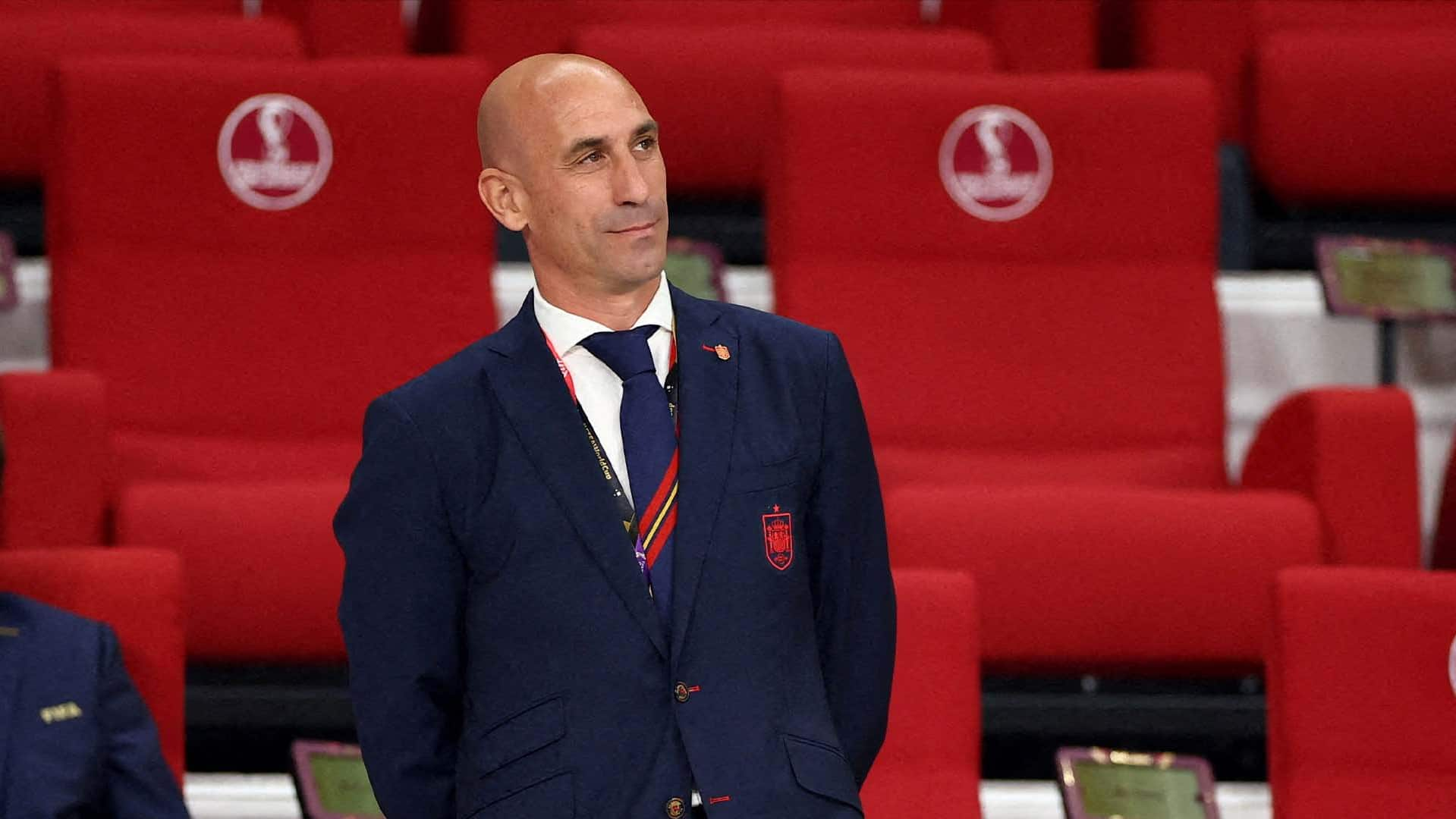Making 104 senior appearances for Canada over a 20-year span, Atiba Hutchinson embodied quiet professionalism and leadership.
“He’s very humble but his influence is as strong as I’ve ever seen on men,” said former national team coach John Herdman.
“For me it was just a privilege, because I’ve had the honour to work with people like (former Canada women’s captain Christine) Sinclair. And Atiba, he’s just been a gift to Canada,” he added.
Hutchinson documents his journey on and off the field in an entertaining, refreshingly honest memoir called “The Beautiful Dream,” written with Dan Robson.
The former Canada captain, who played for 10 national team coaches, shares the pain of veteran players watching their World Cup dream slip away over the years.
Hutchinson experienced Canada’s lows himself, playing for a team ranked No. 122 in the world and 16th in CONCACAF (sandwiched between St. Kitts and Nevis and Aruba) back in October 2014.
Then there was the high of leading his country out at the 2022 World Cup in Qatar after a 36-year absence by the Canadian men.
And while he doesn’t throw anyone under the bus — for example, he notes the missed penalty kick in Canada’s World Cup opener in Qatar against Belgium without mentioning the taker (Alphonso Davies, whom he is very complimentary to) — he shares stories that paint a picture.
He describes the years of frustration the Canadian men experienced, with European club teammates ridiculing his commitment to the national team. In one telling story about a key World Cup qualifier in Honduras in October 2012, he relates learning in the dressing room before the match that the opposition players had been promised “land or homes” by their federation if they won.
“Meanwhile an executive from the Canadian Soccer Association entered and told us that we’d each receive an iPad or an iPod if we won,” Hutchinson writes.
Needing just a draw to advance to the final round of CONCACAF qualifying, Canada was trounced 8-1. Another World Cup campaign ended prematurely.
Hutchinson writes about the turnaround in the program under Herdman, from marvelling “at how good our younger players were” as he joined the team for World Cup qualifying ahead of Qatar to Canada Soccer flying the team to a game in Costa Rica “in a private jet that was swankier than anything I’d ever seen the federation pay for.”
Canada still lost 1-0, “a reminder we weren’t there yet,” he notes.
And Hutchinson recalls being “teary-eyed” during Canada’s memorable World Cup 2-1 qualifying win over Mexico in frigid Edmonton in November 2021.
“For the first time we had the respect of the other countries … We knew we had been viewed as an easy win by opponents like Mexico. Not anymore,” he writes.
The Canadian men, currently ranked 38th in the world, have continued their rise under coach Jesse Marsch
“I’m extremely proud to see how far we’ve come along,” Hutchinson said in an interview.
“Just to see what’s happening now with the team and the players that have come through and the clubs they’re playing at — winning leagues in different parts of Europe and the world,” he added. “It’s something we’ve never had before.”
At club level, Hutchinson chose his teams wisely with an eye to ensuring he would get playing time — with Osters and Helsingborgs IF in Sweden, FC Copenhagen in Denmark, PSV in the Netherlands and Besiktas in Turkey, where he payed 10 seasons and captained the side before retiring in June 2023 at the age of 40.
Turkish fans dubbed him “The Octopus” for his ability to win the ball back and hold onto it in his midfield role.
But the book reveals many trials and tribulations, especially at the beginning of his career when he was trying to find a club in Europe.
Today, Hutchinson, wife Sarah and their four children — ranging in age from one to nine — still live in Istanbul, where he is routinely recognized on the street.
He expects to get back into football, possibly coaching, down the line, but for the moment wants to enjoy time with his young family. He has already tried his hand as a TV analyst with TSN.
Herdman, for one, thought Hutchinson might become his successor as Canada coach.
Hutchinson says he never thought about writing a book but was eventually persuaded to do so.
“I felt like I could help out maybe some of the younger kids growing up, inspire them a bit,” he said.
The book opens with a description of how a young Hutchinson and his friends would play soccer on a lumpy patchy sandlot behind Arnott Charlton Public School in his native Brampton, Ont.
In May, Hutchinson and Brampton Mayor Patrick Brown celebrated the opening of the Atiba Hutchinson Soccer Court, an idea Hutchinson brought to Brampton city council in March 2022.
While Hutchinson’s playing days may be over, his influence continues.
—
“The Beautiful Dream, A Memoir” by Atiba Hutchinson with Dan Robson, 303 pages, Penguin Random House, $36.
—
Follow @NeilMDavidson on X platform, formerly known as Twitter
This report by The Canadian Press was first published Sept. 16, 2024
